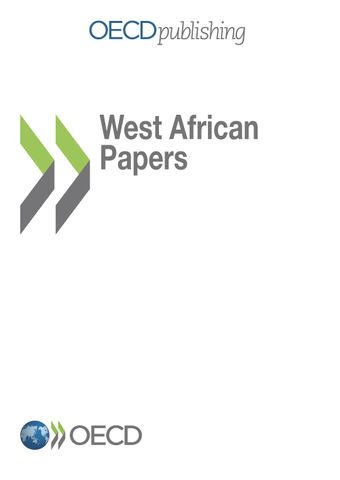Niger

Women and climate change in the Sahel
The purpose of this paper is to explore the gendered impacts of climate change in
the Sahel. In particular, it explores the ways in which gender inequality is a critical
factor in understanding vulnerability and resilience efforts concerning climate change.
It shows that the current climate crisis is affecting livelihoods throughout the Sahel
in pronounced ways. In a region highly dependent upon subsistence agriculture and
pastoralist livelihoods, climate variability and environmental degradation have made
such livelihoods difficult to sustain, the effects of which have broad ranging impacts
on social and economic systems. Consequently, migration, livelihood adaptation, social
unrest, and political instability emerge from the ecological challenges the Sahel
is facing. Those with the resources to respond to and prepare for future climate events
will be better equipped to navigate the climate crisis. Unfortunately, those resources
are rarely equally distributed at the household, community, and state levels. In particular,
gender inequalities within the Sahel pose a very real challenge for adaptation and
resilience strategies as states and global institutions make interventions to support
at risk populations. The paper then explores what development and state institutions
are doing to resolve gender inequity through climate resilience policy, and where
these efforts are falling short. The paper concludes with some strategies to improve
opportunities for gender equity and climate resilience based on field research within
the Sahel.
Published on March 09, 2020
In series:West African Papersview more titles